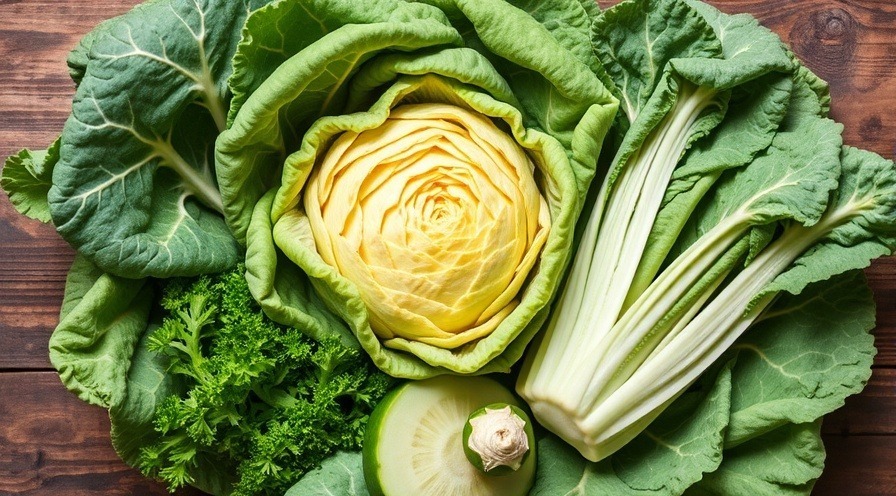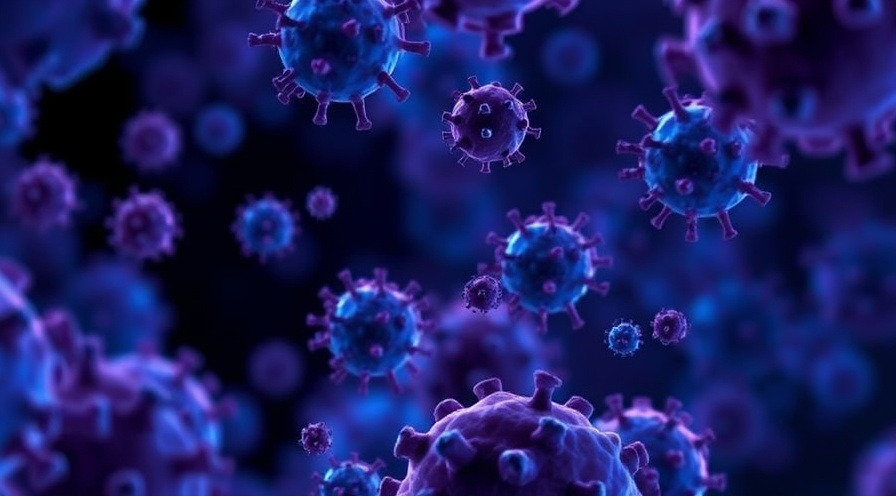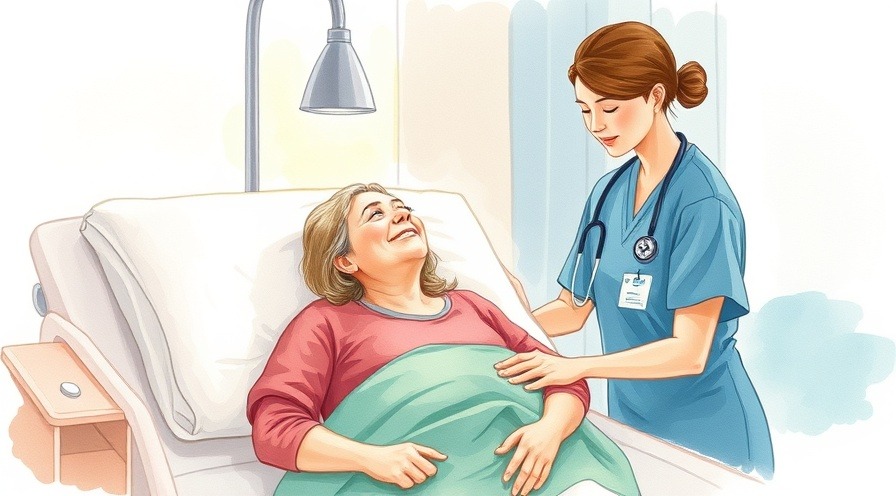
Revolutionizing Colon Cancer Screening
Imagine a world where getting screened for colon cancer doesn’t mean sitting in an office for hours or enduring the uncomfortable preparation typical of a colonoscopy. With the introduction of Colagard Plus, a state-of-the-art at-home DNA stool test, that world is becoming a reality. This innovative test, designed to save lives and streamline cancer screening, represents a significant leap forward in the ongoing battle against one of the leading causes of cancer deaths in the U.S.
In 'This Simple Test Changed Colon Cancer Screening Forever', the discussion dives into the groundbreaking Colagard Plus test and its potential to reshape cancer screening, prompting us to explore its significant implications.
Why Does Colon Cancer Screening Matter?
Colon cancer is a serious health threat, ranking as the second leading cause of cancer death in the United States. However, the good news is that it is mostly preventable with early detection. Regular screening can catch polyps or precancerous lesions before they develop into full-blown cancer, which is where Colagard Plus shines. This new test boasts a 94% sensitivity for detecting colon cancer and a 93% specificity, making it a highly accurate option for individuals at average risk.
A Game-Changer for Health Accessibility
The logistics of colonoscopies have traditionally deterred many from undergoing necessary screenings. Colagard Plus changes the narrative by being a non-invasive, at-home option that aligns with updated screening guidelines, now recommending testing starting at age 45 rather than 50. More people can now take charge of their health without the anxiety associated with traditional screenings. By having this test shipped home, users can perform it at their convenience and send it back for laboratory analysis, all without missing a beat in their everyday lives.
Who Should Consider Colagard Plus?
If you're 45 or older and have an average risk for colon cancer, Colagard Plus might be a perfect fit for you. Nevertheless, it’s crucial to understand that it is not a blanket replacement for colonoscopies. Those with a family history of colon cancer or who have had issues like polyps in the past should still undergo regular colonoscopy screening. Moreover, a positive test result from Colagard Plus does not equate to a cancer diagnosis; further examination via colonoscopy would be required to confirm any issues.
Key Takeaways for Healthier Living
Getting tested for colon cancer should not be a daunting task. Colagard Plus demonstrates how advancements in medicine can make health choices easier and more accessible. For those eligible, this test can lead to earlier detection and ultimately save lives. It's a step towards ensuring that more people prioritize their health without the fear or inconvenience associated with traditional screening methods.
If you’re curious about Colagard Plus, speak with your doctor about whether it’s suitable for you. Understanding your options is empowering, and taking proactive steps for your health can make a significant difference in your life.
Remember, health is your superpower! If you found this article informative, share it with someone you care about and help spread the word about the importance of preventive health measures.
 Add Row
Add Row  Add
Add 




Write A Comment